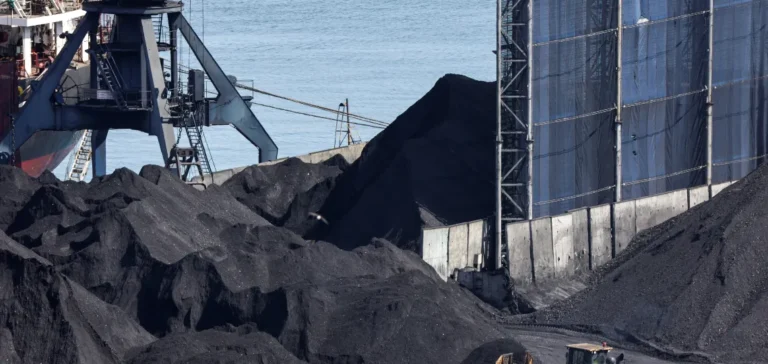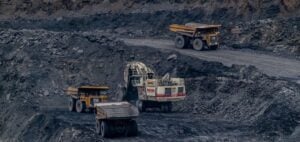Russian coal exports will primarily target the Asian market in the coming years, according to Danil Tokmin, partner at NEFT Research and founder of the analytical agency Alfastat. He stated that China, India and Turkey will be the main destinations under this redirection strategy, while shipments to Japan could resume in the medium term.
Tokmin noted that Japanese companies, particularly in the energy sector, are once again evaluating market conditions despite the recent decline in volumes. “Japanese consumers are testing certain elements of the regulatory framework, since Russian coal remains competitive,” he said. He added that potential shifts in the geopolitical context could enable a partial resumption of deliveries to countries currently less accessible.
Expected growth in flows to Asia
According to Tokmin, demand growth for Russian coal will come mainly from China, India and Turkey. He emphasised that these three countries will continue to strengthen their coal imports from Russia amid sustained energy needs. Regional demand could also expand to other Asia-Pacific countries, depending on market developments and port logistics.
The drop in shipments to Japan reflects this repositioning trend. Data from Japan’s Ministry of Finance shows that Russian coal imports by Japan fell by 44.9% in August. This decline adds to a broader trend of reduced flows to Western markets since the onset of international sanctions.
Strategic reorientation of Russian exports
The strategic shift in Russia’s coal sector comes as sanctions restrict access to European and North American markets. Producers are therefore seeking to consolidate their presence in countries willing to maintain or expand trade relations. This transition includes adjustments in logistics infrastructure, with reinforced rail and port corridors focused on Asia.
Russian coal sector players view Asia as a sustainable axis of growth in the coming years, notably due to the price competitiveness of Russian coal. Tokmin concluded by stating that the future of coal exports will “primarily involve Asian countries”, regardless of short-term political developments.






















